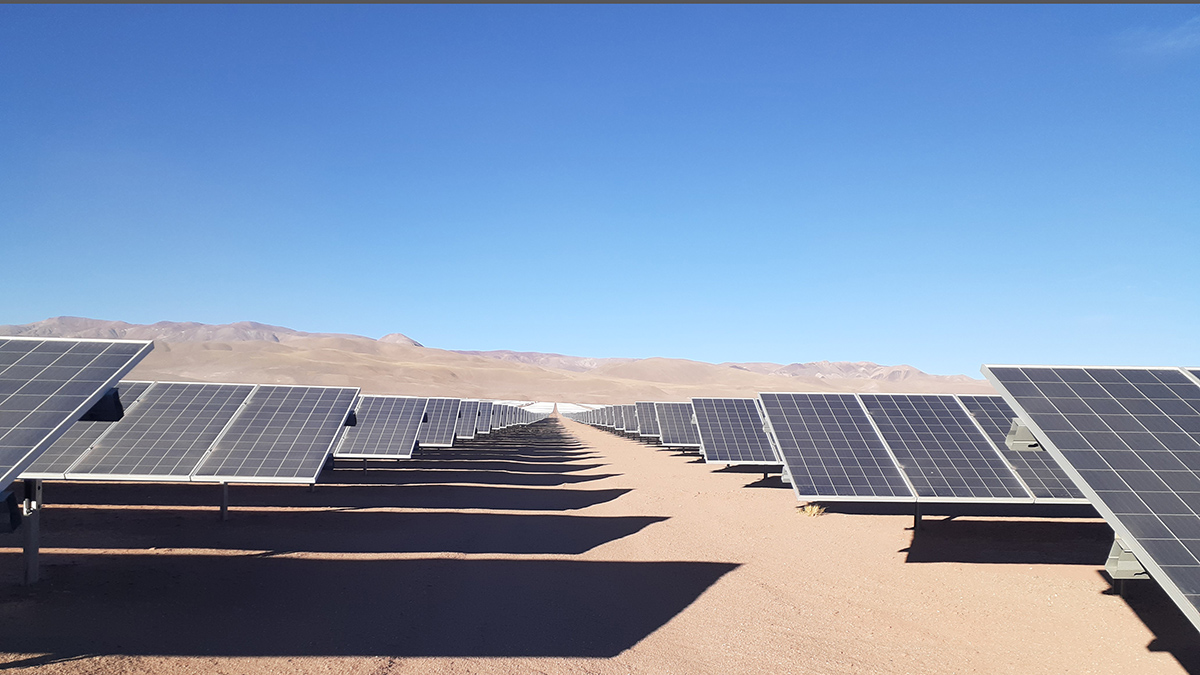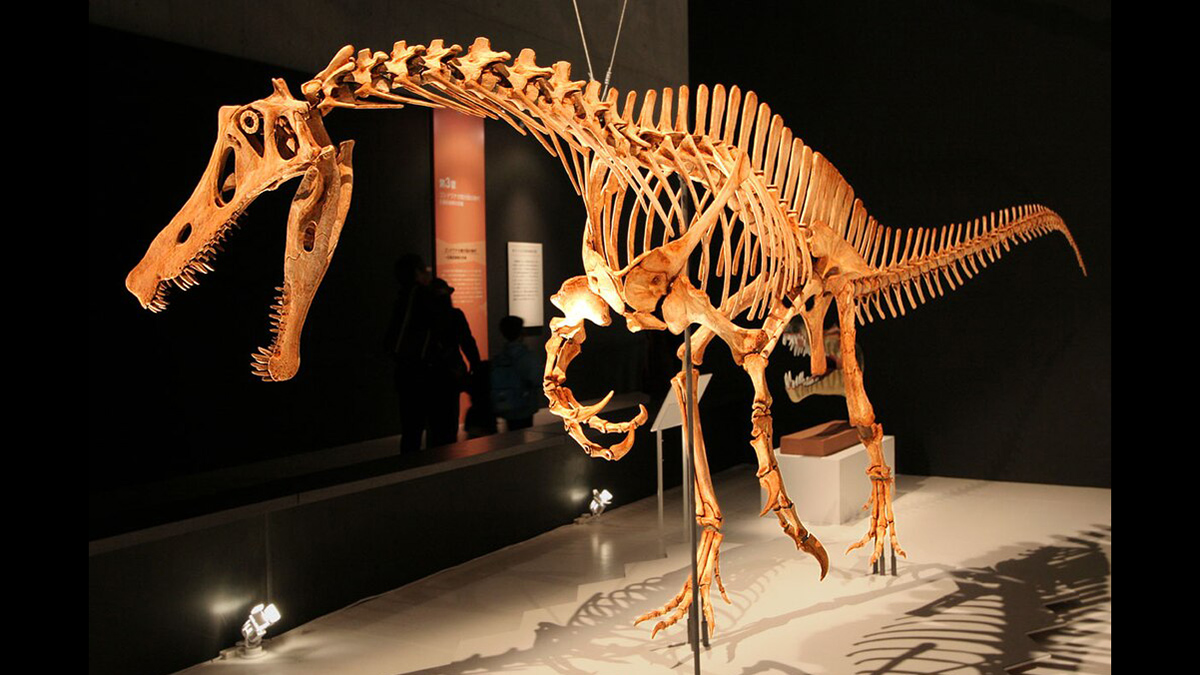中国在全球基础设施上的投资可能会改变气候变化的天平,但中国与其伙伴国之间的关系却很复杂。
politics
Poniendo en práctica la legislación climática
La legislación reciente podría reducir drásticamente las emisiones de carbono en Estados Unidos, pero solo si se aplica adecuadamente y se amplía su uso.
A Exportação Ilegal de Fósseis É Mais do que um Irritante para o Sul Global
Mais de 2 mil pesquisadores assinaram carta aberta solicitando a repatriação do fóssil de um dinossauro para o Brasil. Alguns dizem que o caso destaca um padrão de colonialismo científico na paleontologia.
Putting Climate Laws to Work
Recent legislation could dramatically cut carbon emissions in the United States—but only if it’s well executed and widely used.
What Biden’s State of the Union Means for Science
The president briefly mentioned efforts to combat climate change and investments in science as he kicked off his run for a second term.
Can the Belt and Road Go Green?
China’s global infrastructure investments could tip the scales on climate change, but its relationship with partner countries is complicated.
The Climate Crisis Briefly Crashes the New Hampshire GOP Primary
Republican candidates repeated earlier promises to expand domestic fossil fuel production and fight programs that promote race- and gender-based equity in schools.
Candidates Commit to Fossil Fuels at Iowa’s Republican Debate
On the debate stage and at a separate town hall, DeSantis, Haley, and Trump downplayed climate change in favor of energy independence.
La exportación ilegal de fósiles es más que un Irritator para el Sur Global
Más de 2,000 investigadores han firmado una carta abierta solicitando la repatriación del fósil de dinosaurio a Brasil. Algunos afirman que el caso pone de manifiesto un modelo de colonialismo científico en la paleontología.
Illegal Fossil Export Is More Than an Irritator to the Global South
More than 2,000 researchers have signed an open letter requesting the repatriation of a dinosaur fossil to Brazil. Some say the case highlights a pattern of scientific colonialism in paleontology.










